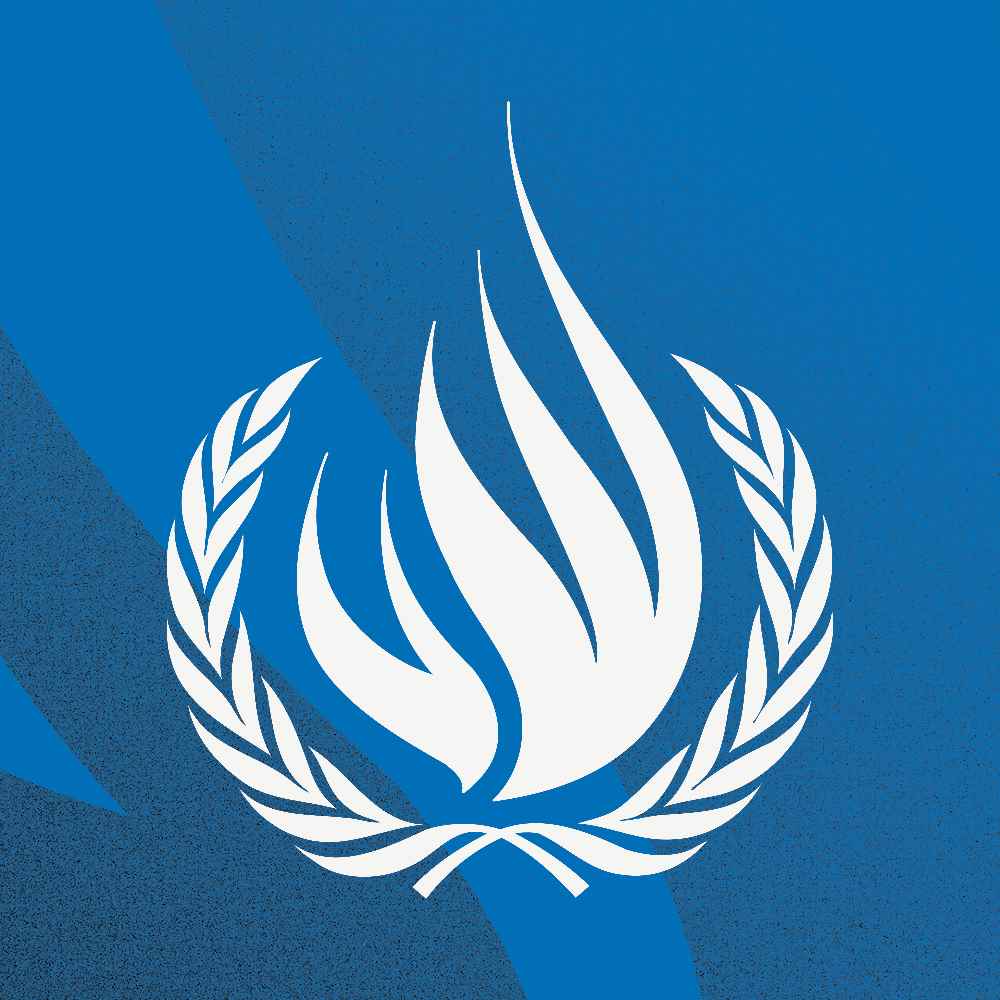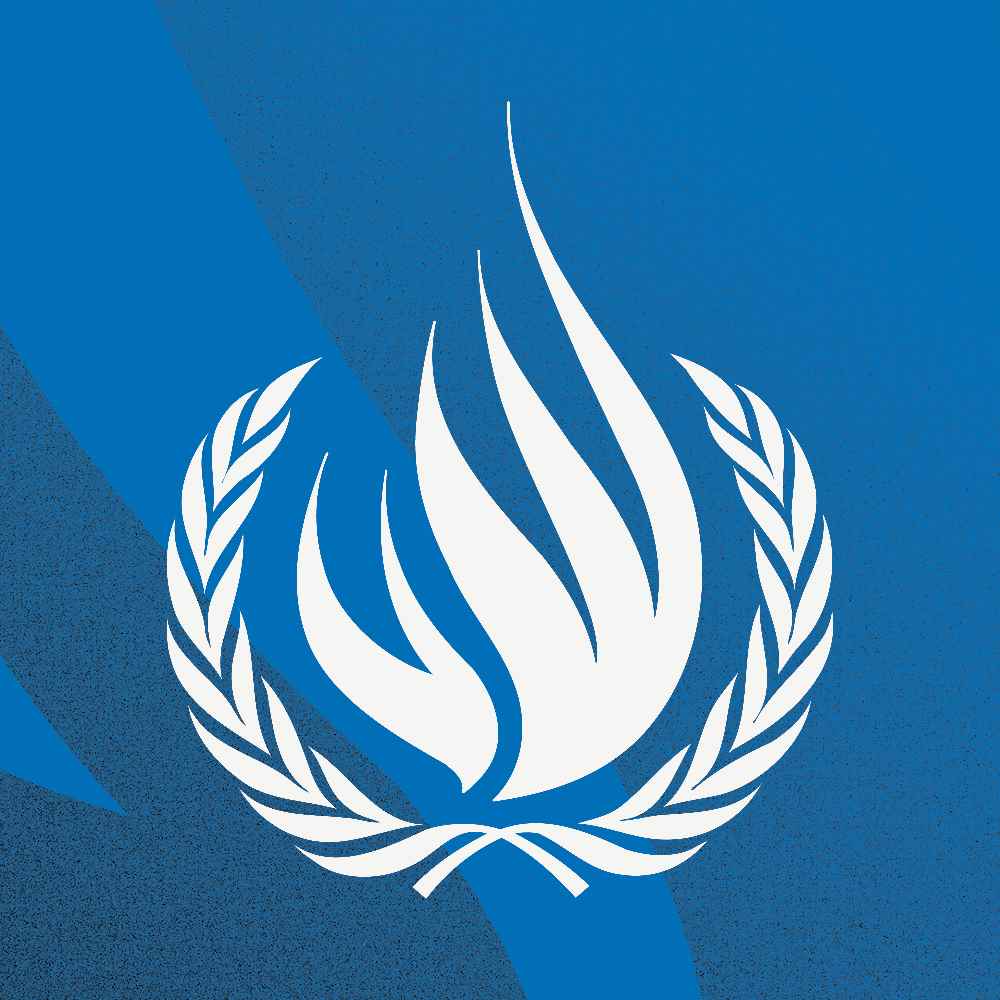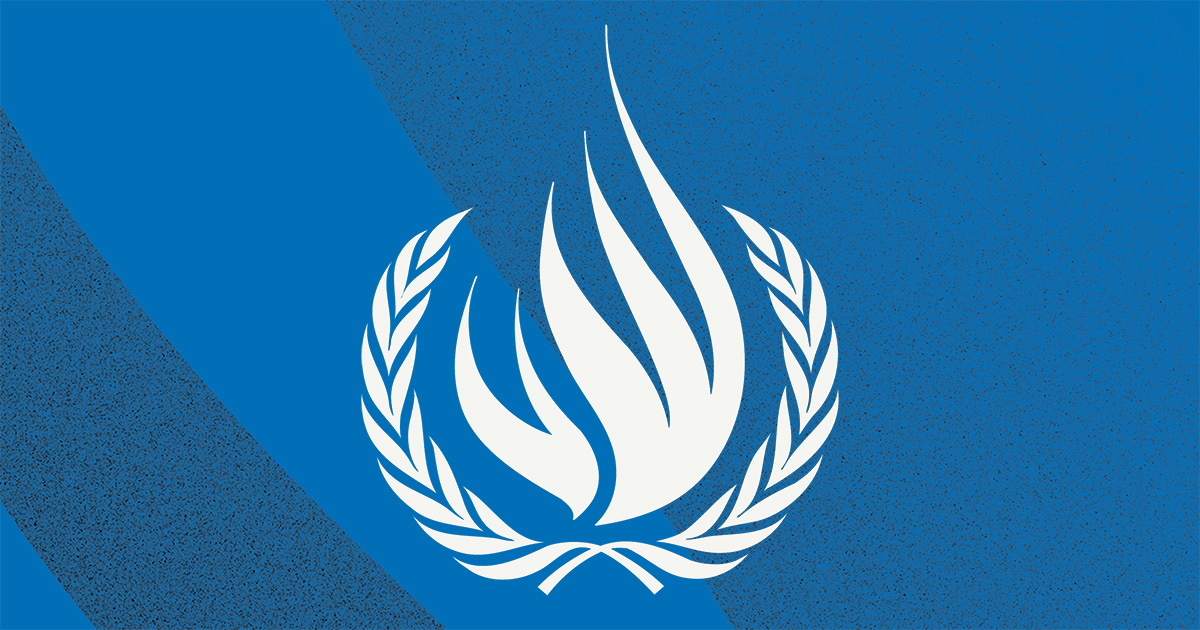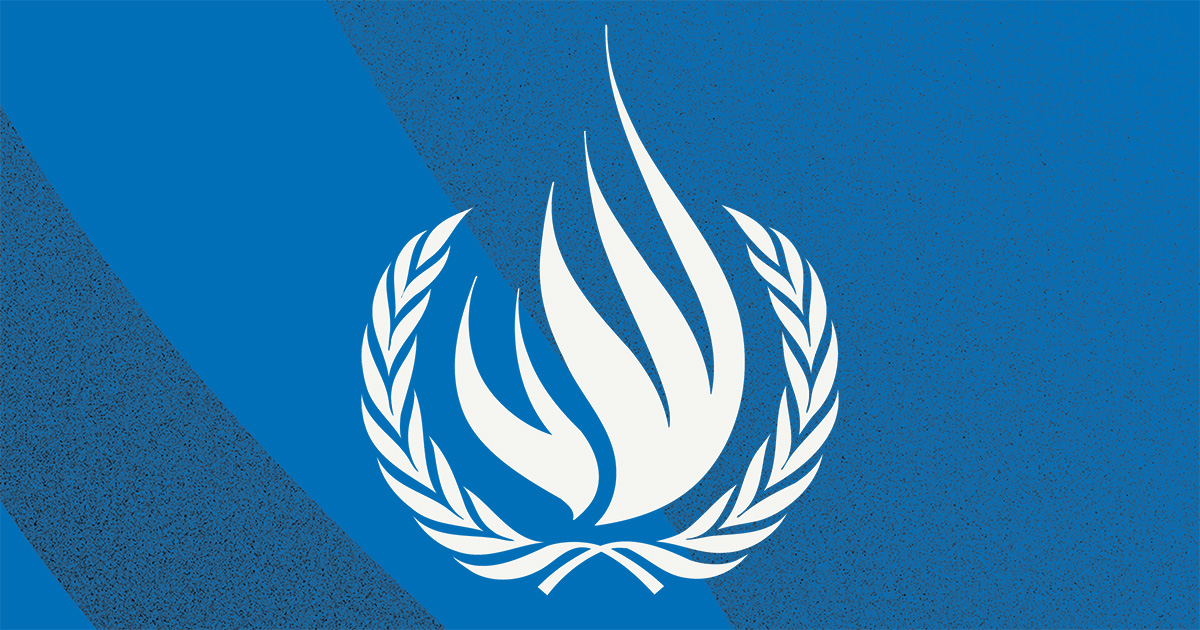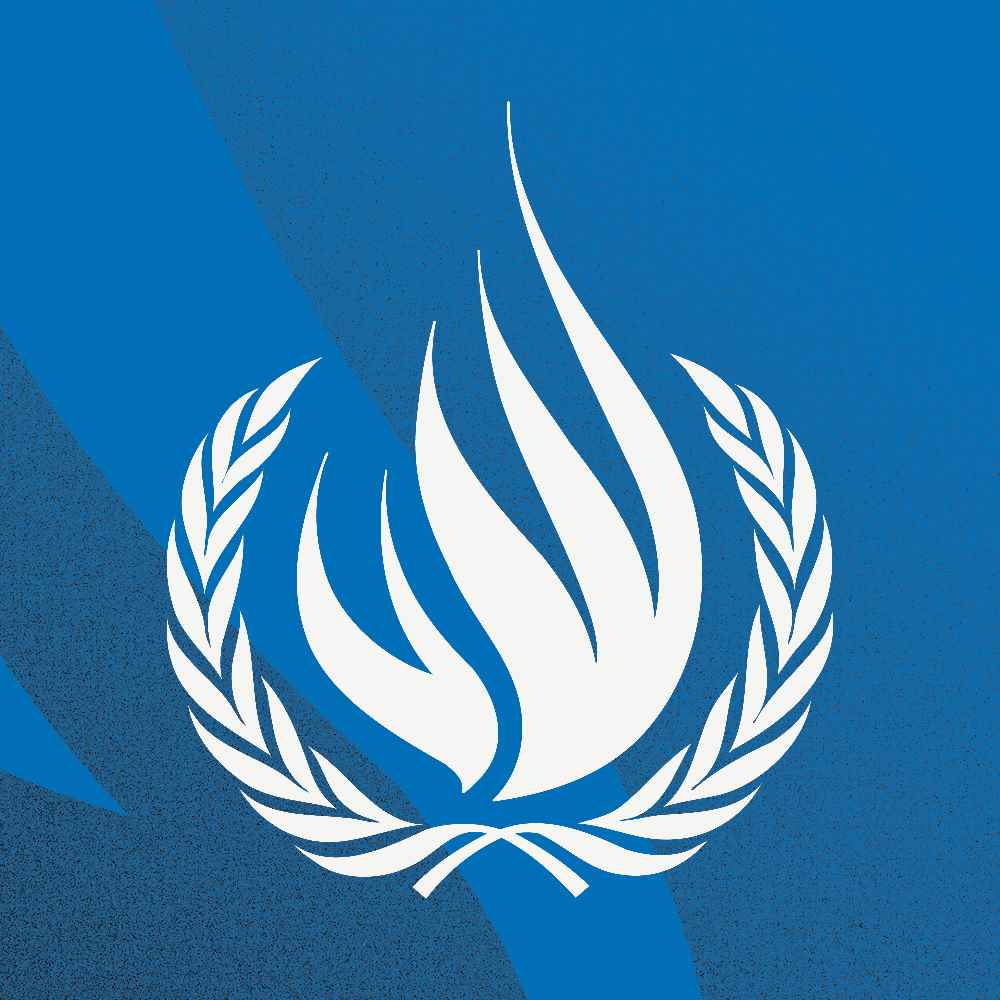
GENEVA (22 June 2022) – The capacity of States to investigate all potentially unlawful deaths, as required under international law, is too often hindered, Morris Tidball-Binz, the UN Special Rapporteur on extrajudicial, summary or arbitrary executions, warned the Human Rights Council today, calling on the international community to step up efforts for improving medico-legal death investigation systems worldwide.
In a report presented to the Council, the expert said that medico-legal and death investigation systems play a key role in the protection of the right to life by helping fulfil every State’s duty to investigate unlawful deaths.
“This is essential for ensuring accountability of perpetrators, reparations for victims and preventing recurrence of unlawful deaths. A failure to conduct investigations, as required under international law, is in itself a breach of the right to life,” he reminded the HRC.
“However, too often the capability of medico-legal and death-investigation systems to investigate potentially unlawful deaths in accordance with international human rights standards and forensic best practices is hindered.” This is due to a combination of factors, including lack of resources, insufficient institutional support and compromised independence, the Special Rapporteur said.
“Despite their central role in investigating suspicious deaths and their contribution to protecting life, medico-legal and death investigation systems tend to be considered a lesser priority compared to other related public services,” he said. “In these circumstances, the risk is that too many cases of potentially unlawful deaths are not recognised, remain undetected, are not properly investigated or not investigated at all.”
To help address and overcome these shortcomings, the report makes practical recommendations to States and other stakeholders, including the United Nations. For instance, Tidball-Binz calls on the OHCHR to consider acquiring its own forensic capacity to support unlawful death investigations worldwide.
“Governments should urgently take necessary measures, including through international cooperation, to ensure that all medico-legal and death investigation systems are fully independent, adequately resourced and conduct their work in accordance with international human rights and forensic standards,” the expert said.
“Swift action is required from States and the international community to ensure that these systems are able to operate to the highest standards, as required to fulfil every State’s duty to investigate and prevent unlawful deaths.”
The Special Rapporteur, who is a forensic doctor, observed that medico-legal death investigations require little investment from States and the international community compared to the overall investment in justice and public.
The expert recalled that the 2016 Minnesota Protocol on the Investigation of Potentially Unlawful Death the United Nations Principles on the Effective Prevention and Investigation of Extra-legal, Arbitrary and Summary Executions had laid out the standard for investigation of suspicious deaths.
“My mandate stands ready to support and assist States and other actors in their efforts to establish medico-legal death investigation systems that can operate in full conformity with international principles and standards,” he said.
ENDS




